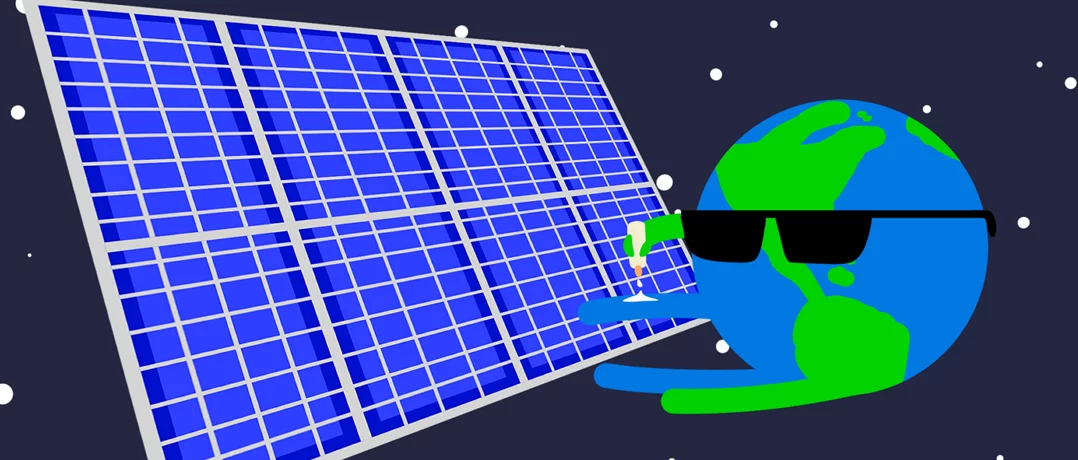Elon Musk proposes AI satellites to dim sunlight and combat climate change through solar geoengineering.
Musk proposes blocking the Sun!

Elon Musk has pitched a massive geo-engineering scheme: launching a constellation of solar-powered AI satellites to reduce the amount of sunlight reaching Earth, in effect, “blocking the sun” to fight climate change.
But leading climate scientists warn that such a bold move could backfire dramatically, triggering unpredictable consequences for weather, ecosystems and global governance.
In a recent post on X, Musk detailed his idea:
“A large solar-powered AI satellite constellation would be able to prevent global warming by making tiny adjustments in how much solar energy reaches Earth.”
The concept falls under solar radiation management (SRM), a form of geoengineering where humans deliberately alter solar input to cool the planet.
Why scientists are worried
Uncharted territory: Experts say SRM is inherently unpredictable and could destabilize Earth’s delicate climate systems.
Governance nightmare: Deciding who controls such a system and how to distribute its effects fairly, raises major ethical and geopolitical issues
“Termination shock” risk: If a system like this is deployed then abruptly stopped, the planet could face rapid temperature rebound with catastrophic effects.
Bigger than one man’s vision
While the idea may sound like science-fiction, scholars caution it reflects real tensions in climate policy:
“Geo-engineering as a possible solution … will definitely become the only option of last resort if we as a global community continue on the path we have been going,” says Anote Tong, former President of Kiribati.
Musk’s solar-shade scheme underscores a stark choice: continue relying solely on emission reductions or pursue radical tech fixes that shift the risk and responsibility to future generations. Either way, the world may be inching toward a moment when climate desperation forces humanity to bet big on untested, high-stakes engineering.



